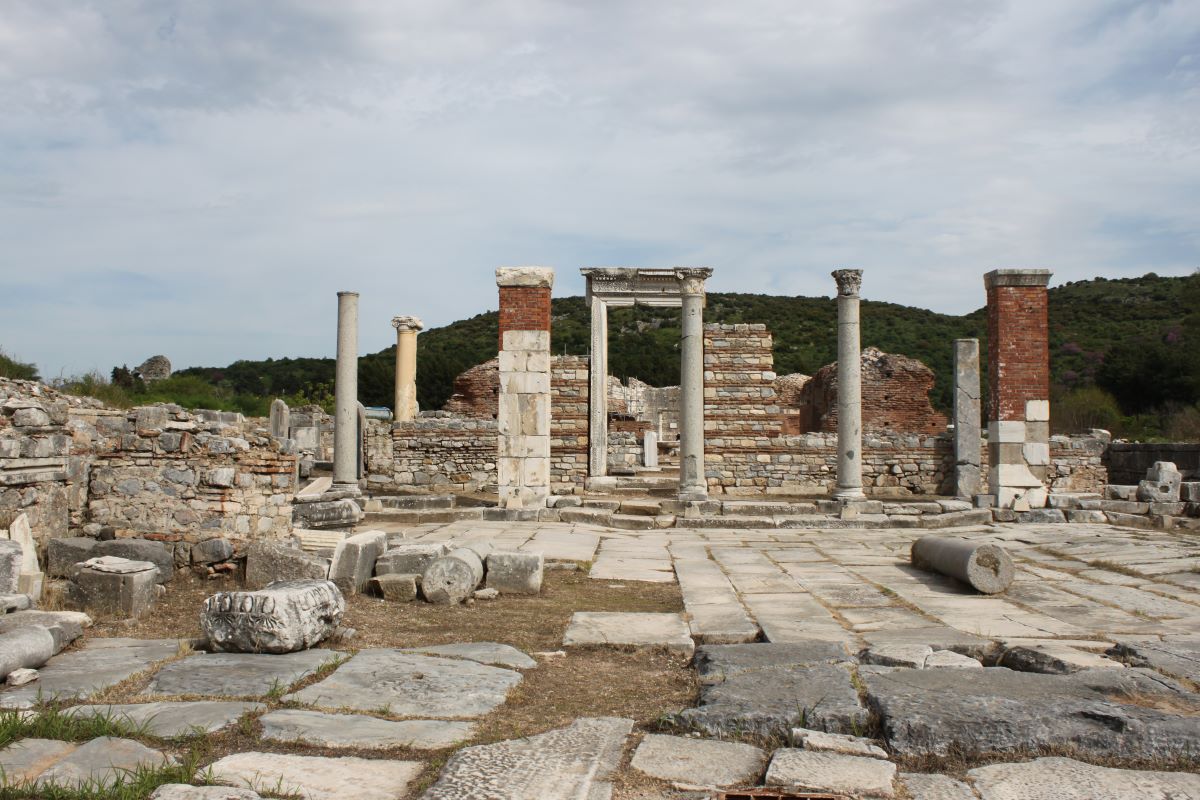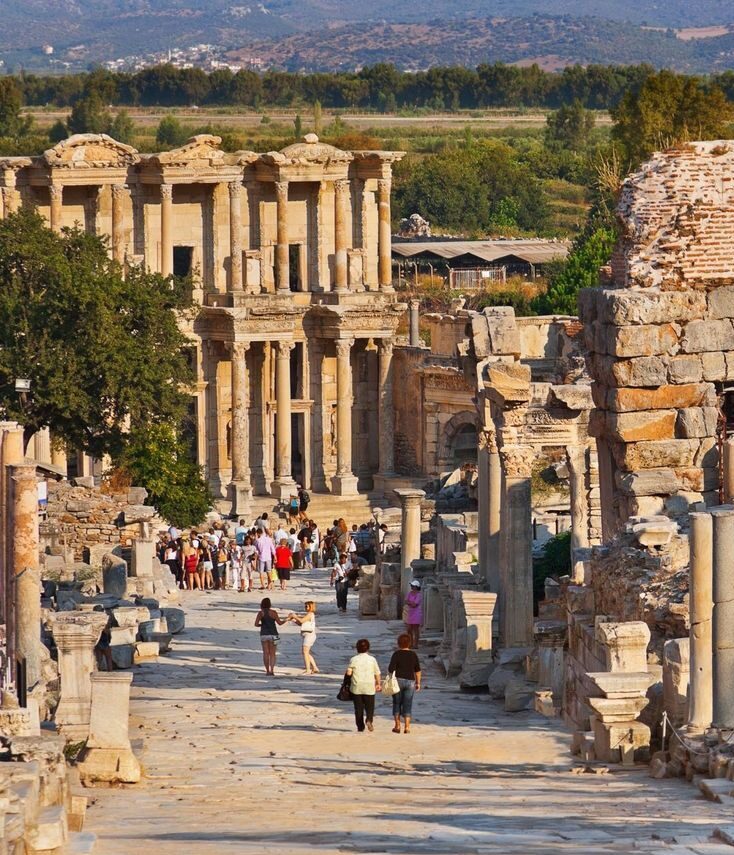The ancient city of Ephesus is a site of remarkable historical significance, with a…

Unraveling the Origins of the Name “Ephesus”
The ancient city of Ephesus is known for its remarkable history and rich cultural heritage. The city was founded in the 10th century BC and served as an important center for trade, religion, and politics throughout the ancient world. One of the most intriguing aspects of the city’s history is the origin of its name.
The name “Ephesus” has its roots in Greek mythology. According to legend, the city was founded by the Amazon queen Ephesia, who was worshipped as a goddess by the ancient Greeks. The name “Ephesus” is thought to derive from the Greek word “Ephesia,” which means “belonging to Ephesia.”
In reality, the origins of the name “Ephesus” are more complex than simple mythological tales. The earliest known reference to the city comes from Hittite records dating back to the 14th century BC, where it is referred to as “Apasa.” The city was also mentioned in ancient Egyptian records from the 13th century BC, where it was called “Hupasa.”
It is not entirely clear what these names mean, but they are believed to be derived from the Luwian language, which was spoken in western Anatolia during the Bronze Age. One theory is that “Apasa” means “city of the mother goddess,” which would fit with the city’s later association with the goddess Artemis.
The name “Ephesus” appears to have been adopted by the Greeks after they colonized the area in the 10th century BC. The Greeks gave the city its own unique identity, which was closely tied to their mythology and religion. The city became a center for the worship of Artemis, who was known as the goddess of the hunt and the protector of women.
The connection between Ephesus and Artemis is reflected in the many magnificent monuments and buildings that were built in the city during its heyday. The most famous of these is the Temple of Artemis, which was one of the Seven Wonders of the Ancient World. The temple was said to have been built by King Croesus of Lydia in the 6th century BC, and it was considered to be one of the most beautiful buildings in the ancient world.
The association between Ephesus and Artemis was so strong that the city was sometimes referred to as “Artemision.” The temple of Artemis was not the only notable building in the city, however. Ephesus was also home to a vast theater that could seat up to 25,000 spectators, as well as the impressive Library of Celsus, which housed more than 12,000 scrolls.
Despite its importance, Ephesus was not immune to the ravages of time. The city was repeatedly destroyed and rebuilt over the centuries, and it was finally abandoned in the 15th century AD. Today, the ruins of Ephesus stand as a testament to the city’s remarkable past, attracting visitors from all over the world.
In conclusion, the origin of the name “Ephesus” is a complex and fascinating topic. Although it is often associated with Greek mythology and the goddess Artemis, the name has its roots in the ancient Hittite and Egyptian languages. The city of Ephesus played a crucial role in the ancient world, serving as a center for trade, religion, and culture. Its remarkable monuments and buildings, including the Temple of Artemis and the Library of Celsus, continue to inspire awe and wonder to this day. Whether you are a history buff, a lover of mythology, or simply someone who appreciates the beauty of ancient ruins, Ephesus is a destination that should not bemissed. Its rich history and cultural significance make it a must-visit for anyone interested in exploring the ancient world.
Despite its destruction and abandonment, the legacy of Ephesus lives on. The name “Ephesus” continues to capture the imagination of people all over the world, and the city’s importance in shaping the ancient world cannot be overstated. Its influence can be seen in the many civilizations and cultures that followed, as well as in the ongoing archaeological efforts to uncover the city’s secrets.
The name “Ephesus” is a reminder of the rich and varied history of this ancient city, and of the countless people who lived, loved, and worshipped here over the centuries. Whether you are a scholar or simply a curious traveler, exploring the ruins of Ephesus is a journey back in time that is not to be missed.




This Post Has 0 Comments